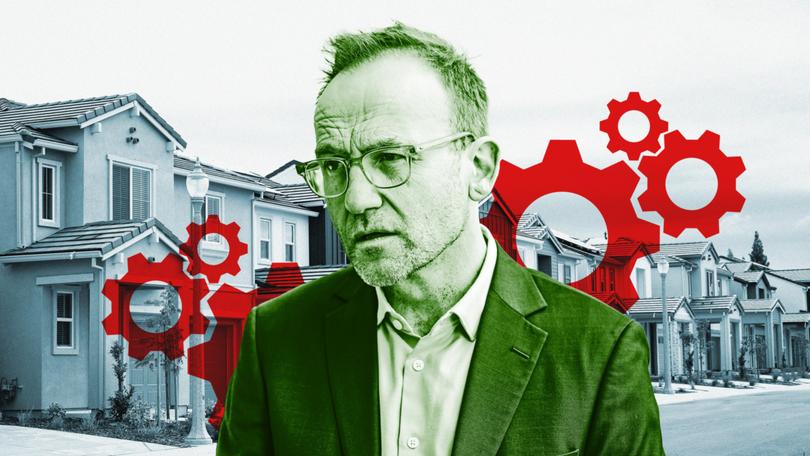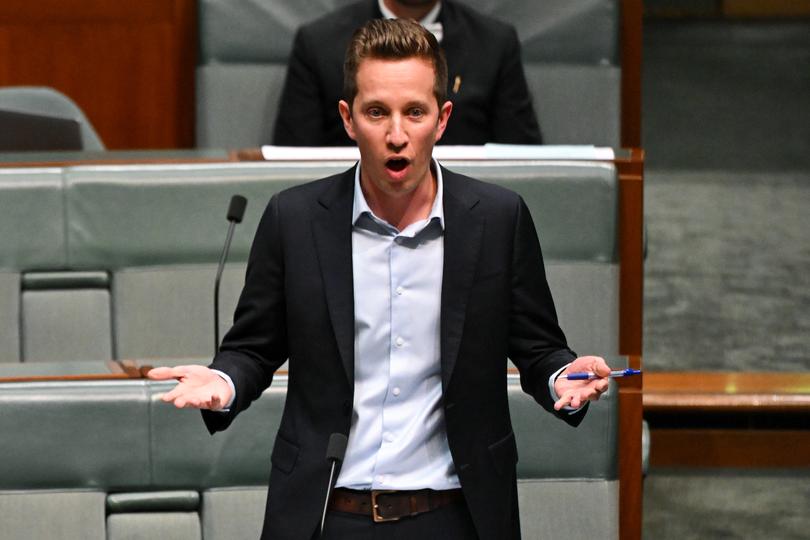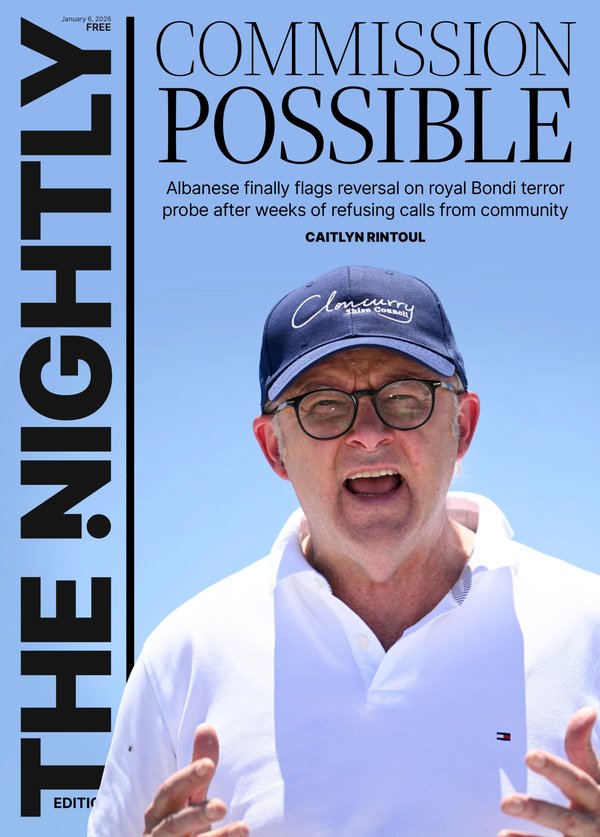BEN HARVEY: Why Greens should stay out of housing policy and stick to their knitting

“Never write a column when you’re angry”.
Taking a breath before committing an opinion piece to print was one of many career tips the late (and rather great) Australian journalist Tony Barrass gave me over the years.
Do your drinking on work time was another.
Sign up to The Nightly's newsletters.
Get the first look at the digital newspaper, curated daily stories and breaking headlines delivered to your inbox.
By continuing you agree to our Terms and Privacy Policy.I started this column a fortnight ago. It was pretty spicy. So, I took a breath and revisited it a few days later.
The edges had come off the rage and I amended a few paragraphs to reflect my softened mood but then yesterday it was back to Defcon Four.
The source of my annoyance was, and is, the Greens.
Party leader Adam Bandt first got up my goat, as Kath and/or Kim would say, a couple of weeks ago when he was talking about the country’s housing problem.
His housing spokesperson, Max Chandler-Mather, compounded the anger on Thursday when he started talking about negative gearing.

Before I drive a truck through this party’s property tax policy I have an admission: I used to like the Greens.
Bandt, like Richard Di Natale, Christine Milne and Bob Brown before him, played an important role in Parliament — the useful idiot.
The Greens would act as a thorn in the side of the big parties, forcing them to confront issues they really didn’t want to.
From big picture issues such as Tasmanian logging, controversial dam projects and climate change to smaller matters like banning plastic bags and recycling systems, the Greens have been drivers for change.
They would niggle away and eventually amass enough sound bites on the news to force the conservatives or Labor to act on a particular issue.
The major parties would take whatever answer the Greens had for a problem — an answer that was always economically irresponsible and usually technologically impossible — and do their best to convert it into a workable, sustainable solution.
The Liberals, Nationals and Labor had to make it workable and sustainable because, unlike the Greens, they were the ones left holding the baby if the solution didn’t work.
The problem today is the Greens might get a seat at the grownups’ table.
Current polling suggests they may be the kingmakers after the next election — lending their support to a minority government in return for a suite of demands.
Having the Greens niggle about environmental issues is one thing; having them dictate economic policy is another.
Every time they talk about financial issues they prove they should stick to their knitting and concentrate on the environment.
Their current plan to restrict negative gearing and capital gains tax discounts is a case in point.
Bandt believes that by removing incentives for someone to invest in property there will be more room for owner-occupiers.
The logic appears irrefutable — reduce demand for houses and prices will come down, or at least go up by less.

Chandler-Mather released modelling that showed 292,902 more Australians would be able to buy instead of rent if investors were pushed out of the market.
So far so good for the eat-the-rich approach.
Part two of the Greens’ plan to keep roofs over our heads involves using the money saved from not giving tax subsidies to investors to build publicly funded, affordable homes.
Boom.
Like many Greens policies it all sounds logical, at least at first blush.
But take a few minutes to follow the economic reasoning to the bottom of the spreadsheet and you’ll see the statistical stupidity.
Bandt’s housing plan is like the Sex Panther cologne in Anchorman: 60 per cent of the time it works every time.
The policy’s first and most obvious flaw is that removing negative gearing will deter investors from building new houses.
They don’t do much of that at the moment, admittedly, favouring existing properties rather than greenfield construction, but when every homeless shelter is full, every house counts.
The second defect concerns the notion that billions of dollars will be freed up by ending the tax subsidy. The numbers simply don’t stack up.
Respected financial adviser Raymond Pecotic demolished Bandt’s argument using something the Greens hate: mathematics.
Pecotic, who founded Empire Financial Group, used the example of a couple earning between $135,000 and $190,000 a year, which puts them in the 39 per cent marginal tax bracket (including levies).
Let’s call them Bob and Belinda. Actually, let’s call them Bob and Bob, because the Greens would find that more inclusive.
Bob and Bob buy a $750,000 property and rent it out for $650 a week. The gross yield of 4.5 per cent is much less after they pay property management fees, rates, insurance and all the other things that add up.
Assuming an interest rate of 6 per cent and capital growth of four per cent, after 15 years the Bobs would amass tax refunds worth $65,243. Their house would fetch $1,350,708, for a capital gain (after taking into account stamp duty) of $570,708.
Here’s where the Greens’ line of logic starts to falter: to realise this profit Bob and Bob have to sell the house.
Pecotic calculated that meant they had to pay tax on half the capital gain — a whopping $285,354.
The windfall will inevitably push them into the top marginal tax bracket, which means they pay $134,116 in tax.
That’s $68,873 more than what they got from negative gearing. The Feds are close to $70,000 in the black and the government of whatever State the Bobs live in is up $60,000 courtesy of stamp duty and land tax.
So where is the money going to come from to build the great Bandt housing estates?
The Greens’ policy will do little to solve the housing shortage because it does nothing to reduce the cost of building a house, which is heart and soul of the problem.
The major driver of costs, at the moment, is labour.
We don’t have enough tradies.
If Bandt and Chandler-Mather are serious about getting more Australians into their own homes they should spend their time building a flux capacitor so they can go back four years in time and convince thousands of school leavers to become brickies instead of YouTube influencers.

